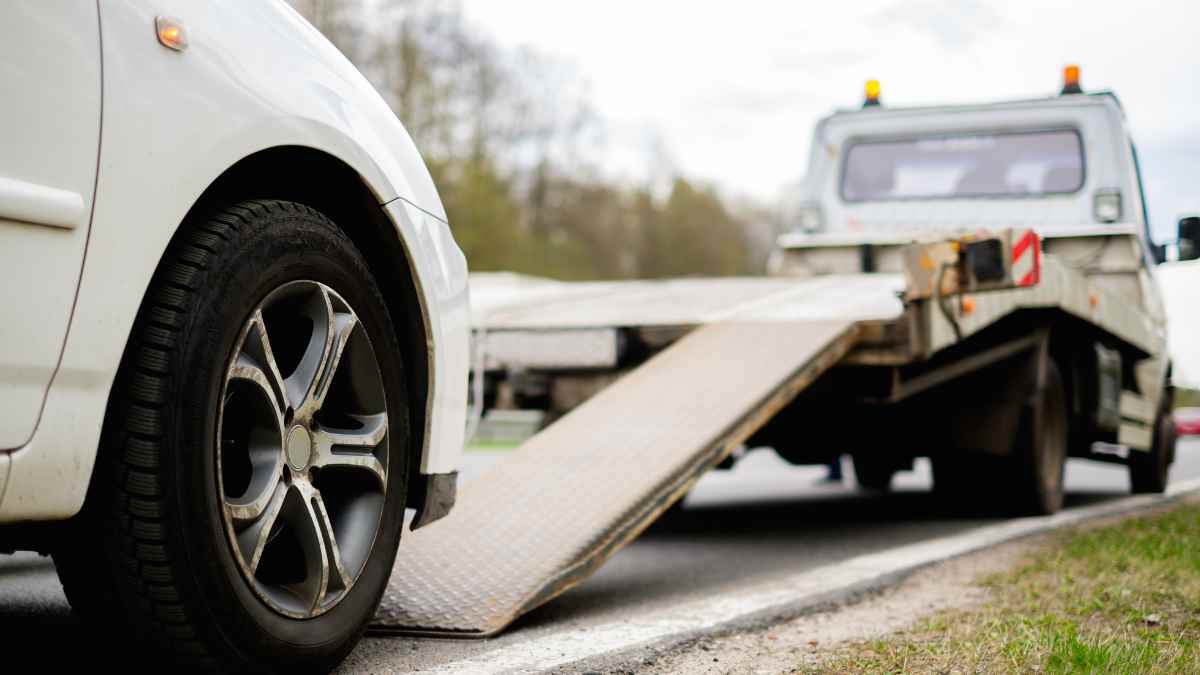Title loans are a great way to borrow money when you can't get approved for an unsecured personal loan. These loans have become popular in California over the past decade as most lenders offer lower interest rates of around 36%. But what happens if you miss payments and subsequently default on the loan? Any borrower needs to know the basic laws regarding California title loans. Besides that, you must know what happens if your vehicle is repossessed and what to do if you face a default. Read on to understand the repossession process and what consumer protections you have.
California Laws Regarding Title Loan Repossessions
California law outlines specific timeframes and procedures to be followed if a lender wants to repossess a vehicle. These regulations apply to title loan companies, vehicle lenders, and car finance companies. According to the California Civil Code, lenders can start repossession once a borrower defaults. Default typically occurs when you miss a payment or fail to pay any fees or other charges by a set due date.
Repossession laws in California do not specify an exact number of days after a missed payment that will lead to a repo agent taking the vehicle. However, most title loan companies allow a grace period of days or even weeks before the car will be repossessed.
Once a borrower has fallen behind on payment, the lender must send a notarized letter informing the borrower that repossession is imminent. This warning lets the borrower know their rights and options to get the car back and get back to current on the monthly payments. A title loan company must send out this notification before initiating the repossession process.
The Repossession Auction Of Your Vehicle By A Title Loan Company
After repossessing your vehicle, you have the right to get it back before it's sold at auction. Similar to when a lender notifies you of their intent to repossess the vehicle, they also must let you know that the car will be sold at auction. These details include the outstanding debt, repossession costs, and the location and date of the auction. In some states, you must also be informed about the options available if you can't repay the loan or choose to hand over the vehicle to settle the debt.
To reclaim the vehicle, you can pay the overdue amount throughout the redemption period plus any applicable interest rates and fees. You typically have 15 to 30 days to get the vehicle back, and the lender cannot sell your car.
If you fail to redeem the vehicle during this period, your car can then be sold at a public auction. However, The proceeds from the auction are used to cover the outstanding loan balance, repossession costs, and any additional costs that arise from storing the vehicle. Any extra money will be returned to you within 30 days.
Your Rights & Protections When Facing A Title Loan Repossession
California law provides certain rights and protections to consumers facing title loan repossession. One important right you have is that you can get the vehicle back after it's repossessed. Yes, you only have a certain amount of time before it's sold at auction, and you'll still have to pay fees. However, lenders can only sell your vehicle after you have been informed of an impending auction. After that, they must give you time to get current on the payments.
Like any other loan default, title loan customers in CA have the right to know how much they owe and the specific costs regarding the repossession and sale of the vehicle. Your lender must provide an itemized breakdown showing these details before selling the vehicle. After the car is sold, they must let you know what it sold for and itemize how much went to the amount due and what you may get after that. This transparency ensures that you are informed about the financial implications of the repossession process.
Lenders offering auto title loans in Los Angeles and other parts of the state are prohibited from using aggressive collection tactics, and they can't do anything illegal during the repossession process. This means they can't use force to take the vehicle from you and certainly can't use force to get you to pay the loan. Any title loan company in California has an active lending license, and they face the prospect of losing that license if they do anything illegal throughout the repo process. Besides, if a lender violates state laws regarding collection practices, you may have legal grounds to invalidate the repossession and seek additional damages.
Conclusion Regarding Repossession Regulations in CA
It can be challenging to navigate the repossession laws in CA, but rest assured you have consumer protections in place if you're working with a licensed title loan company. If you do face a repossession, inform your lender that you're aware of these rights while at the same time try to work with them to get the vehicle back! Most title loan providers want to avoid the drawn-out legal process that takes place after you default, and they'll gladly work with you to establish a new repayment plan and get you back on track with a title loan.
Even if you're past the point of working with your lender and are currently facing a public auction of your vehicle, there are still steps you can take to move on from this as quickly as possible. Again, let your lender know you're entitled to any additional proceeds from the sale of your vehicle after the initial balance and fees have been settled. Besides that, contact the credit bureaus and let them know your side of the situation, as it will be helpful to avoid a default or repossession from showing up on your credit report.
Contact California Title Loans at 855-339-1001 to learn how we can help you avoid a title loan repossession. We may be able to help you by refinancing your loan down to a more affordable rate or connecting you with a local company in California that will buy out your existing loan. Either way, we'll work to make things as easy as possible, and hopefully, you can avoid repossession!


